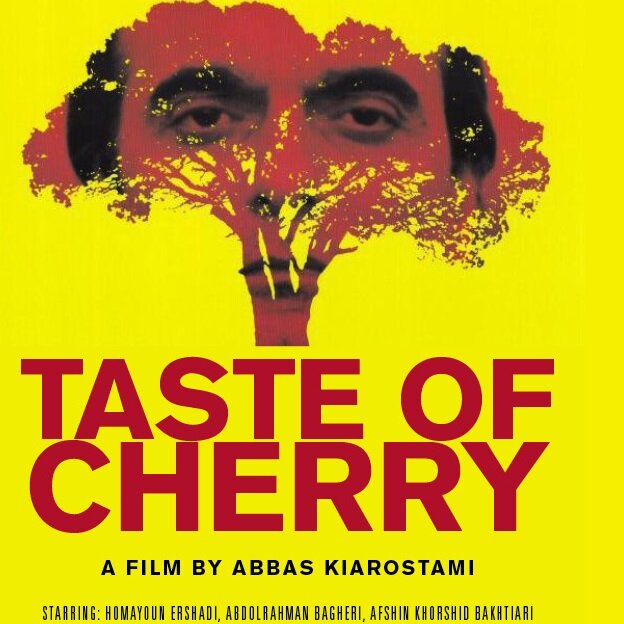TMoCA cinematheque to show Kiarostami’s “Taste of Cherry”

TEHRAN-The cinematheque of the Tehran Museum of Contemporary Art will screen the 1997 Iranian minimalist drama film “Taste of Cherry” written, directed, and produced by Abbas Kiarostami on Sunday.
The film will be screened in collaboration with the Kiarostami Foundation, whose mission is to archive and manage the films, photographs, and other works of Kiarostami, to increase knowledge of and interest in his works, to promote them worldwide, and to encourage or participate in new art and educational projects in keeping with the spirit of Kiarostami’s work, IRNA reported.
The first Iranian film to win the Palme d’Or, in 1997 Cannes Film Festival, this austere, emotionally complex drama follows the enigmatic Mr. Badii (Homayoun Ershadi) as he drives around the hilly outskirts of Tehran looking for someone who will agree to bury him after he commits suicide. Extended conversations with three passengers (a soldier, a seminarian, and a taxidermist) elicit different views on mortality and individual choice. Operating at once as a closely observed, realistic story and a fable populated by archetypal figures, the film challenges viewers to consider what often goes unexamined in everyday life.
Since the film's release, multiple other critics have also declared it a masterpiece; in the British Film Institute's 2012 Sight & Sound poll, six critics and two directors named it one of the 10 best films ever made. “Taste of Cherry” was also named the 9th best film of the 90s by Slant Magazine.
Kiarostami (1940-2016) was a film director, screenwriter, poet, photographer, and film producer. An active filmmaker from 1970, he was involved in the production of over 40 films, including shorts and documentaries. He attained critical acclaim for directing “Close-Up” (1990), “The Wind Will Carry Us” (1999), and “Taste of Cherry” (1997). In later works, “Certified Copy” (2010) and “Like Someone in Love” (2012), he filmed for the first time outside Iran: in Italy and Japan, respectively.
He was part of a generation of filmmakers in the Iranian New Wave, a Persian cinema movement that started in the late 1960s and emphasized the use of poetic dialogue and allegorical storytelling dealing with philosophical issues. He is known for his use of Persian poetry in the dialogue, titles, and themes of his films. His films also contain a notable degree of ambiguity, an unusual mixture of simplicity and complexity, and often a mix of fictional and documentary elements. The concepts of change and continuity, in addition to the themes of life and death, play a major role in Kiarostami's works.
SS/SAB
Leave a Comment